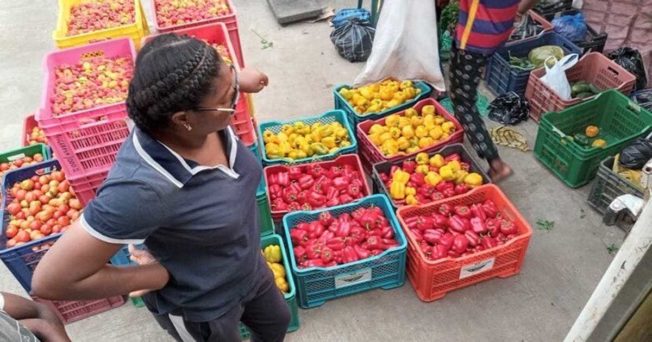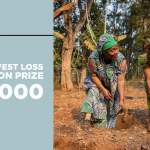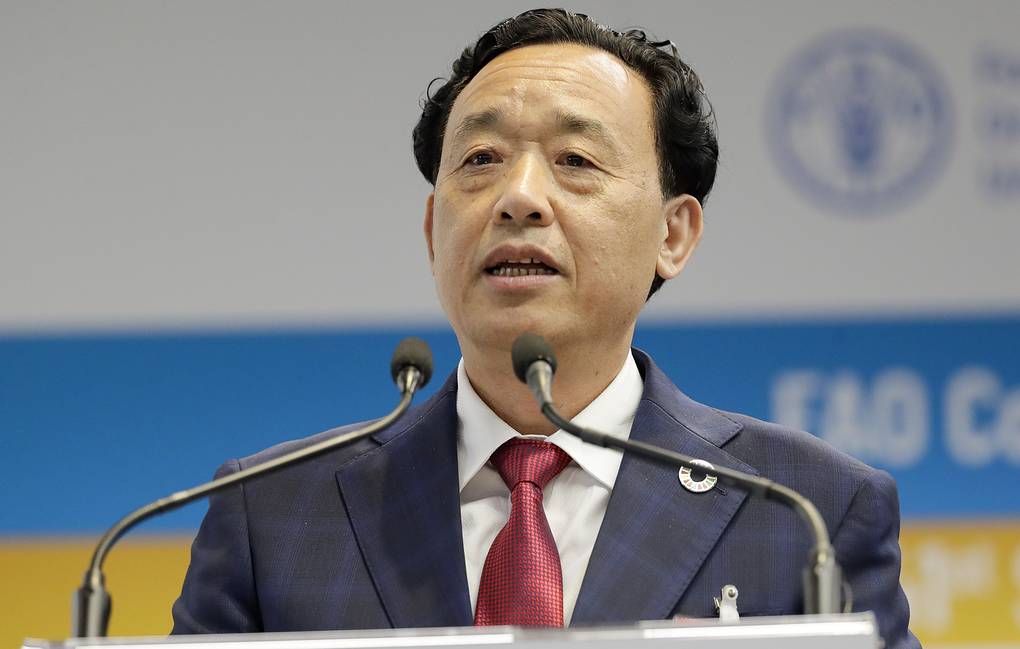Lectricus Technology Limited, a climate tech company, is advancing clean energy technologies to combat food waste in Nigeria and across Africa, a growing issue highlighted by the Food and Agriculture Organisation (FAO), which estimates global food waste at 1.3 billion tonnes annually. In Sub-Saharan Africa, smallholder farmers contribute around 30% of food production, but according to the International Fund for Agricultural Development (IFAD), 85% of them lack access to energy, exacerbating food loss.
Oluwafemi Oluwadare, CEO of Lectricus Technology, described food losses as a major threat to food security, economic stability, and environmental sustainability in Africa. “Food waste is a significant issue, with over one-third of harvested food in Nigeria and other African nations lost due to poor supply chain management,” Oluwadare said.
To address this, Lectricus Technology is developing innovative, sustainable, and affordable solutions like solar-powered cold storage and drying systems. “These technologies are transforming agriculture in Africa, enhancing resilience, productivity, and sustainability,” Oluwadare noted. “By adopting clean energy solutions, farmers can improve their livelihoods and contribute to economic development.”
The company’s solar-powered solutions, including water pumps, grinders, dryers, chillers, and storage tanks, are designed to reduce post-harvest losses, particularly in the dairy, fish, and horticulture sectors. These innovations help extend the shelf life of perishable goods, minimizing spoilage and improving market access.
In addition to post-harvest technologies, Lectricus is rolling out micro-irrigation systems and efficient water management powered by solar energy. These initiatives will benefit thousands of farmers and small businesses across Nigeria and beyond, supporting agricultural growth and food security.
Lectricus Technology’s commitment to empowering farmers with energy access is poised to play a key role in reducing food loss rates, which stand at approximately 37% in Sub-Saharan Africa, according to IFAD. By leveraging clean energy, the company aims to reshape the agricultural landscape, helping farmers overcome challenges and achieve greater productivity.










